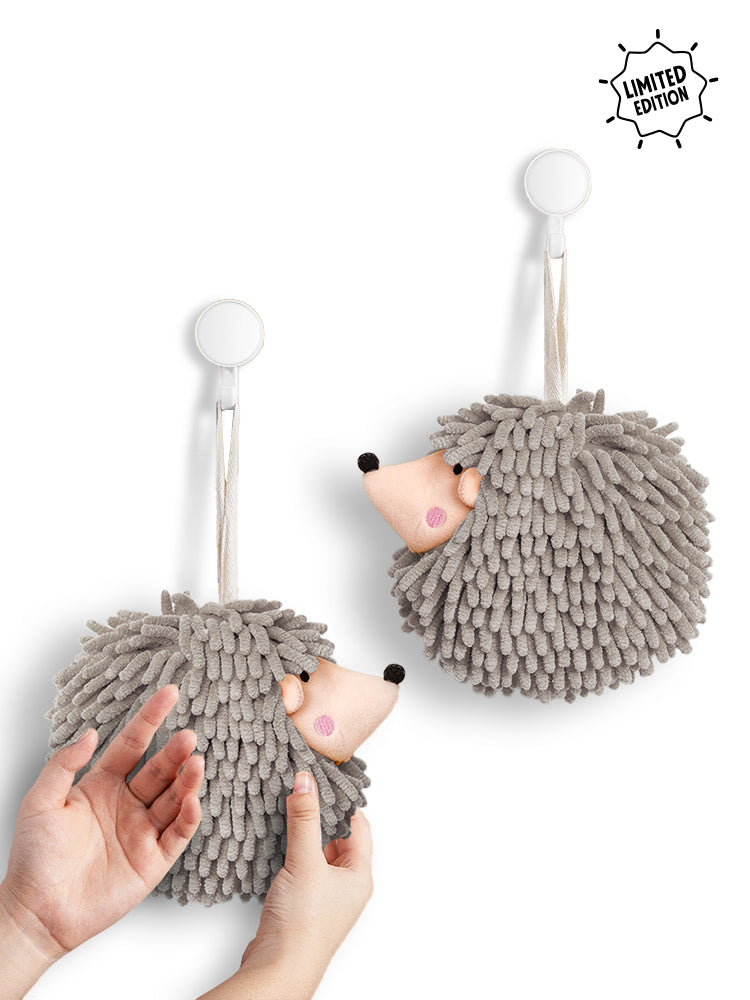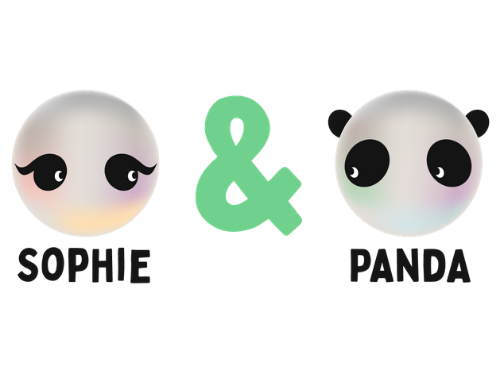
Checking whether a product is pet-safe might come as an afterthought. But it’s actually an important consideration that could impact your furry friend's health. Here, experts offer tips for incorporating cleaning products into your routine that won’t harm your beloved family pet. And next time you’re ready to do a deep clean, look for products that veterinarians recommend instead.
Cleaning Products to Avoid Around Pets
:strip_icc():format(webp)/BHGMargauxChristianHome_A_2118-Dog_preview-1dd287a4329847ee9a4bd81da9654194.jpg)
“When cleaning around pets, it’s important to avoid certain cleaning agents due to their potential toxicity or irritation to animals,” says Dr. Shelby Baden, DVM at Veterinary Emergency Group in South Tampa, Florida. Pets can be particularly sensitive to everyday cleaning products that they may touch, taste, or smell.
“Cleaning agents that contain ammonia, bleach, and phenol can be harmful to pets and should be avoided,” says Petrina Firth, trainer and founder of The Pet Coach.
Other ingredients or products to avoid include:
- chlorine
- phthalates
- glycol ethers
- formaldehyde
- hydrogen peroxide
- essential oils
"Highly scented products are also a problem,” Firth says. “Pets have much more sensitive olfactory systems than humans, and the smells can be overwhelming.”
Why Are These Cleaners Harmful to Pets?
Many cleaning products with these ingredients are powerful sanitizers that counteract the messes some pets leave behind, but pet owners need to balance the cleaning strength with pet safety.
Bleach and Ammonia
“Given their strength, pet parents should always take safety steps before using them—like wearing protective equipment and carefully following their instructions—and protect their pets by ensuring they don’t come into contact with them,” says Dr. Whitney Miller, Chief Veterinarian at Petco. Differing levels of exposure to these substances can irritate a pet’s respiratory system and internal organs.
“Pets have much more sensitive respiratory systems and metabolisms compared to humans,” says Firth. “Chemicals like ammonia and bleach can cause significant respiratory irritation, potentially leading to breathing difficulties and mucous membrane damage."
Glycol Ethers
Other common cleaning agents can also be dangerous for your pet’s health. “Glycol ethers are toxic for pets,” says Dr. Miller. “In addition to allergic reactions and skin or eye irritation, they have been linked to more serious conditions like anemia, kidney damage, and developmental problems.”
Chlorine, Phenol, Formaldehyde, and Phthalates
Chlorine (yes, for pools) can cause respiratory and gastrointestinal problems. Phenol, common in disinfectants and soaps, is especially toxic to cats and can cause liver damage. Formaldehyde can cause skin irritation and has been linked to cancer in pets. “Phthalates, which can be used to add fragrance to cleaning products, can lead to kidney and liver problems, and even disrupt your pet’s hormones,” Dr. Miller notes. Even high concentrations of hydrogen peroxide can harm a pet’s skin, mucous membranes, and gastrointestinal tracts.
Essential Oils
It’s important to take precautions with your pet’s presence while cleaning but also remember that it’s not just chemical cleaning products that can be problematic. “While they are often considered natural, many essential oils (like tea tree oil, eucalyptus, and lavender) can be toxic to pets, especially cats,” says Dr. Baden. Skin exposure to tea tree oil, a common essential oil, can cause vomiting, lethargy, tremors, or allergic reactions. Fabric softeners, deodorizers, and detergents could also cause skin irritation for pets laying on recently cleaned blankets or fabrics.
Pet-Safe Ways to Clean Your Home
Humans know not to lick or sniff bleach or ammonia, for example. But pets—especially young ones—don’t. Similarly, people can open a window when a cleaning agent’s smell is overpowering. Pets need encouragement or direct intervention.
It’s important to keep pets away from areas you’ve recently cleaned—close the door or move your pet’s crate, cage, or bed to another room for a few hours. Also, open the windows or turn on a fan to ventilate the space. Ensure cleaning products are stored away in locked cabinets or out of reach from pets and children.
Pets are on the floors more often than humans, so be particularly careful with floor cleansers, polishes, and waxes. A pet could ingest a possibly harmful substance just by walking on the floor and then licking a paw. “Clean your dog's and cat's paws when they come into contact with any chemicals to stop ingestion of cleaning products,” Firth says.
Changing cleaning products is another option. “When possible, choose pet-friendly cleaning products made without chemicals that can be toxic to pets,” says Dr. Miller. These pet-friendly alternatives could be white vinegar and baking soda, or diluted amounts of hydrogen peroxide.
“Even pet-safe and natural cleaning products like vinegar and baking soda can pose some risk when ingested in large quantities or while the solution is still drying,” she adds.
Sources:
- All photos used in this blogpost are sourced from the internet, and the rights belong to their respective owners
- Allen, N. (2025b, January 9). These are the cleaners to avoid around pets. Better Homes & Gardens. https://www.bhg.com/cleaning-ingredients-to-avoid-with-pets-8750716


